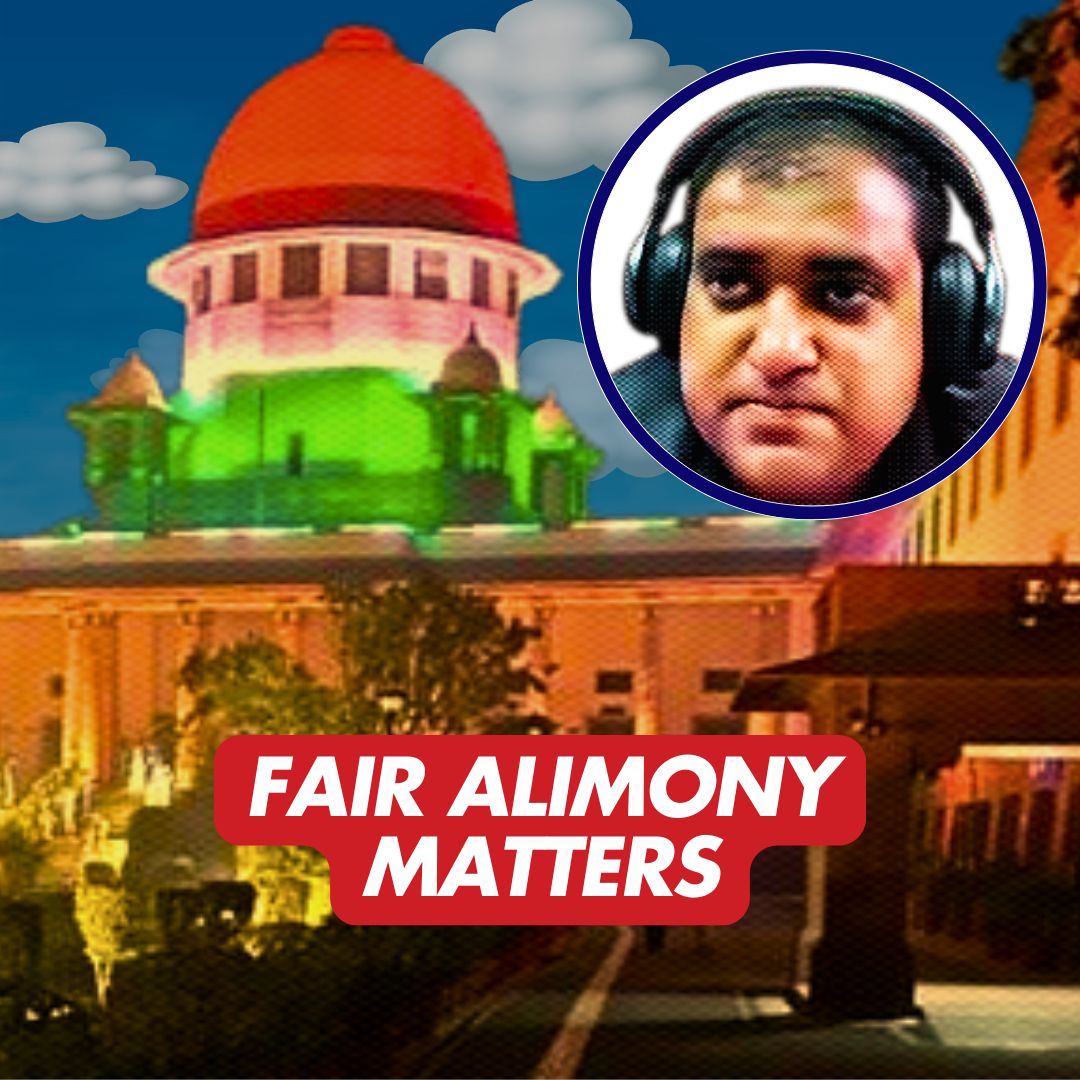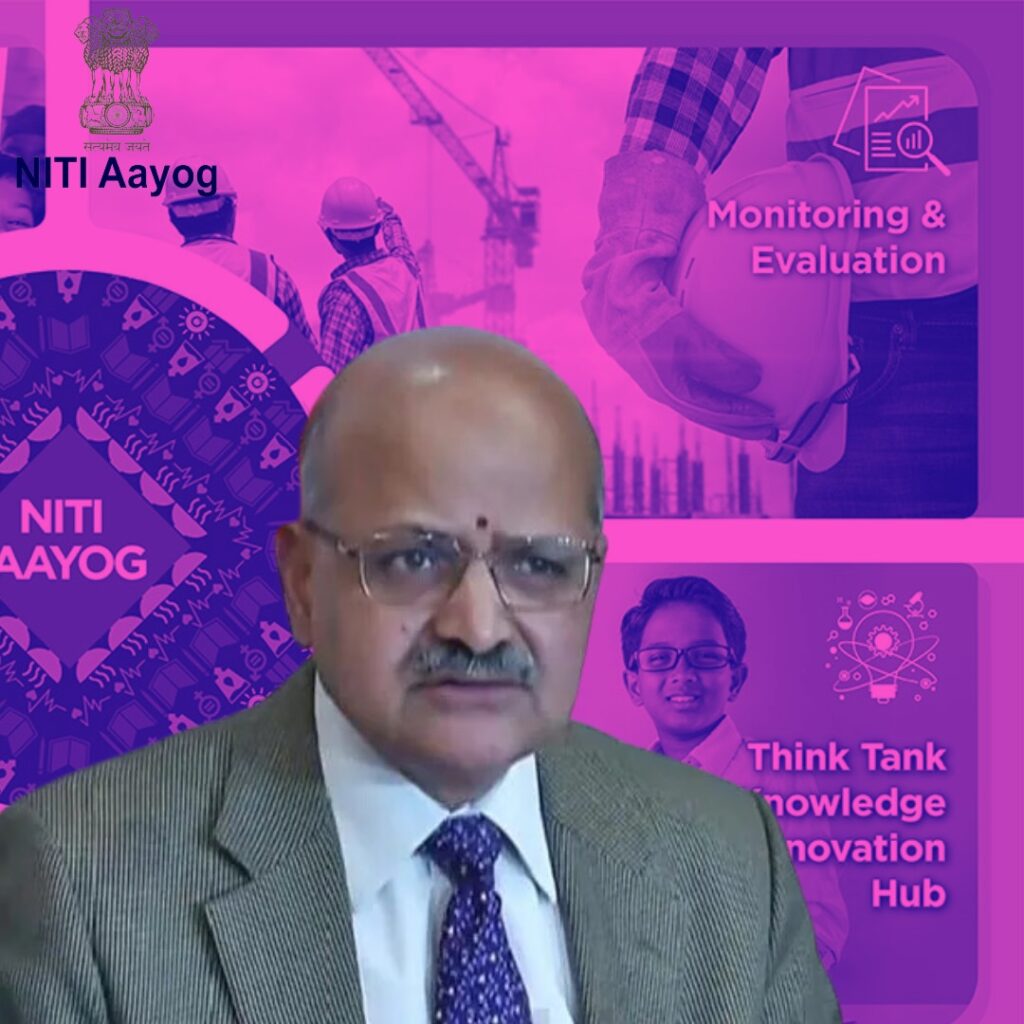In a significant development following the tragic suicide of Bengaluru techie Atul Subhash, the Supreme Court has outlined eight key factors to guide alimony decisions in divorce cases. Subhash, who faced alleged harassment from his estranged wife and her family, recorded a video and left a note detailing his struggles before his death. This incident has sparked discussions on the treatment of men in marital disputes and the potential misuse of family laws, with the court’s guidelines aiming to ensure fair alimony outcomes.

Supreme Court’s Eight Factors for Alimony
The Supreme Court has introduced an eight-point framework to assist courts in determining alimony amounts in divorce cases. These factors are designed to create a balanced approach that considers the needs and circumstances of both parties involved. The eight factors include:
1. Social and financial status of both parties.
2. Reasonable needs of the wife and any dependent children.
3. Qualifications and employment status of both parties.
4. Independent income or assets owned by the applicant.
5. Standard of living enjoyed during the marriage.
6. Career sacrifices made by either spouse for family responsibilities.
7. Litigation expenses for a non-working wife.
8. Financial capacity of the husband, including income and existing liabilities.
These guidelines aim to prevent unfair penalties against husbands while ensuring that wives receive adequate support.
Background Context
The case of Atul Subhash has raised critical concerns regarding the pressures faced by men in marital disputes. Subhash was found dead on December 9, 2024, after alleging in a video that he was subjected to harassment and financial extortion by his estranged wife, Nikita Singhania. He reportedly faced demands for substantial sums of money to settle legal issues related to their divorce. Following his death, his family filed a complaint against Singhania and her relatives, alleging abetment of suicide due to their alleged exploitation. This tragic event has ignited discussions about the effectiveness of family laws and their impact on individuals involved in such disputes.

The Logical Indian’s Perspective
The Logical Indian believes that this heartbreaking case highlights the urgent need for reforms within India’s family court system to ensure equitable treatment for all parties involved in marital disputes. It is essential to foster an environment where both men and women can seek justice without fear of harassment or extortion. As we reflect on Atul Subhash’s story, we must ask ourselves: How can we create a more supportive legal framework that prioritises mental health and emotional well-being for individuals facing familial challenges? We encourage our readers to share their thoughts and experiences on this important issue below.












